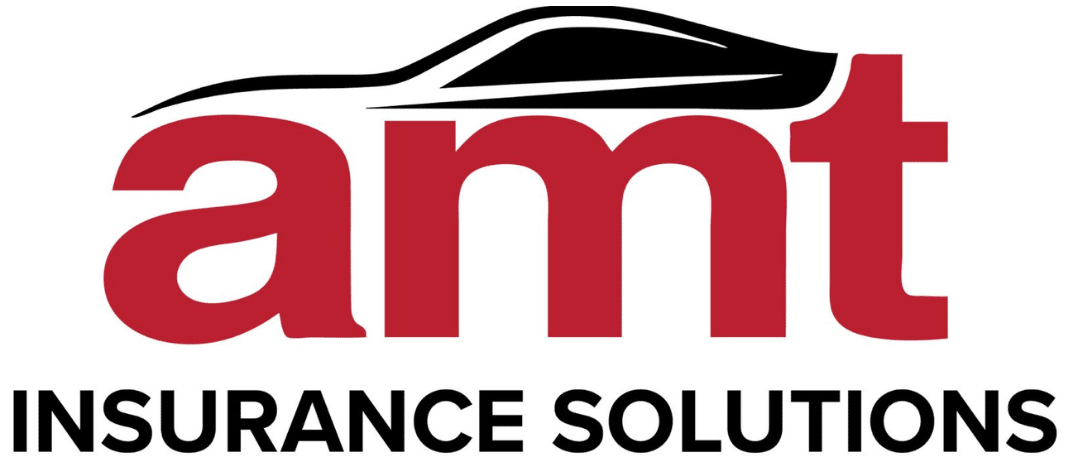
Luxury, Super, and Hypercar Insurance: Coverage Options, Costs & Savings
November 9th 2024
Running a small business that relies on multiple vehicles comes with its challenges, but managing the insurance for each vehicle doesn’t have to be one of them. Small business fleet insurance is designed to simplify this process by covering all your vehicles under one policy, regardless of whether you have two or twenty vehicles. In this blog, we’ll explore how fleet insurance works for smaller businesses, what options are available, and how you can make the most of this cost-effective insurance solution.
What is Fleet Insurance for Small Fleets?
Fleet insurance is traditionally associated with large corporations that operate dozens or even hundreds of vehicles. However, small businesses with as few as two vehicles can also benefit from fleet insurance for small fleets. This type of insurance allows business owners to consolidate their vehicle coverage into a single policy, making it easier to manage renewals, claims, and payments.
Rather than dealing with separate policies for each vehicle, a small business fleet insurance policy covers all vehicles under one umbrella. This not only reduces administrative tasks but can also lead to significant savings, as insurers often offer discounts for covering multiple vehicles together.
Why Small Businesses Should Consider Fleet Insurance
For small businesses, keeping costs down is crucial, and fleet insurance can help achieve that. Here are a few reasons why fleet insurance for small fleets could be beneficial for your business:
- Cost Savings: By insuring all your vehicles under one policy, you may be eligible for bulk discounts that reduce the overall premium. Additionally, it reduces the chances of missing payments or renewals, which could lead to lapses in coverage.
- Easier Management: Having a single renewal date and one point of contact for all your vehicle insurance needs makes fleet insurance easier to manage. It streamlines the process, reducing the administrative burden for small business owners who already have enough to juggle.
- Customisation: Many insurers offer flexible policies tailored to small businesses, allowing you to select the level of coverage that suits your fleet. Whether you’re looking for comprehensive coverage or third-party only, you can adjust your policy to meet your specific needs.
What Does Small Business Fleet Insurance Cover?
Just like regular vehicle insurance, small business fleet insurance can cover a wide range of incidents, depending on the policy you choose. Common coverage options include:
- Liability Insurance: This covers damage or injury to third parties in the event of an accident caused by one of your vehicles. It’s a legal requirement for all businesses operating vehicles in the UK.
- Comprehensive Insurance: Offers complete protection, covering both third-party damages and damage to your own vehicle caused by accidents, theft, or vandalism.
- Third-Party, Fire and Theft: A more affordable option, this covers third-party damages as well as fire and theft of your vehicles.
- Optional Add-Ons: Depending on your business needs, you can add extra protection, such as breakdown cover, windscreen repairs, and more. For example, businesses operating a small fleet of vans might consider adding Van Fleet Insurance to protect their vehicles.
How Many Vehicles Can Be Covered?
Fleet insurance policies typically start at two vehicles, meaning even the smallest fleets are eligible for coverage. This makes small business fleet insurance ideal for companies with just a few delivery vans, cars, or service vehicles. As your business grows, you can easily add more vehicles to your policy without having to manage multiple insurance contracts.
For businesses that operate with fewer than five vehicles, Mini Fleet Insurance is often the best option. This type of insurance is tailored specifically for small businesses, offering flexibility in coverage and pricing. Learn more about Mini Fleet Insurance and how it can help your business.
Choosing the Right Fleet Insurance for Your Small Business
Selecting the right insurance policy for your small fleet will depend on several factors, including the type of vehicles you operate, how often they’re driven, and the nature of your business. When comparing policies, keep the following in mind:
- Coverage Type: Decide whether you need comprehensive coverage or if third-party, fire, and theft will be sufficient. If your vehicles are high-value or essential to your operations, comprehensive coverage might be worth the extra cost.
- Excess Levels: Choosing a higher excess can reduce your premiums but remember, this means you’ll need to pay more out-of-pocket in the event of a claim.
- Driver Restrictions: Some policies allow any licensed driver to operate your vehicles, while others restrict it to named drivers. Make sure the policy you choose fits your business operations.
- Mileage: If your vehicles are used frequently, ensure your policy covers higher mileage to avoid disputes during claims.
The Importance of Regular Policy Reviews
As your business grows and changes, so too will your insurance needs. It’s important to review your policy regularly to ensure it still meets your requirements. For example, if you add more vehicles to your fleet or if your drivers change, you’ll need to update your policy accordingly. Failure to do so could result in being underinsured, which could be costly in the event of a claim.
You can always create a quote online or speak to an insurance provider to ensure your policy is up to date.
Final Thoughts
For small businesses, fleet insurance offers a practical and cost-effective way to manage multiple vehicles under one policy. Whether you’re running a small fleet of cars or a few delivery vans, small business fleet insurance can help streamline your operations, reduce costs, and provide peace of mind.
Contact our expert team to discuss how AMT Insurance Solutions can help your small business with its fleet insurance requirements.

